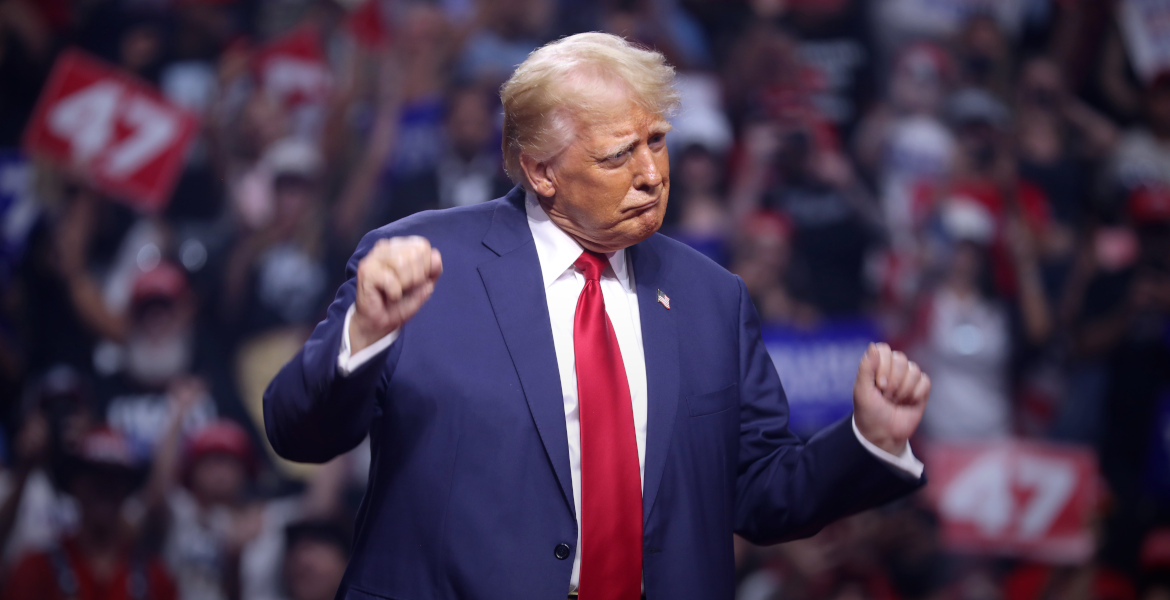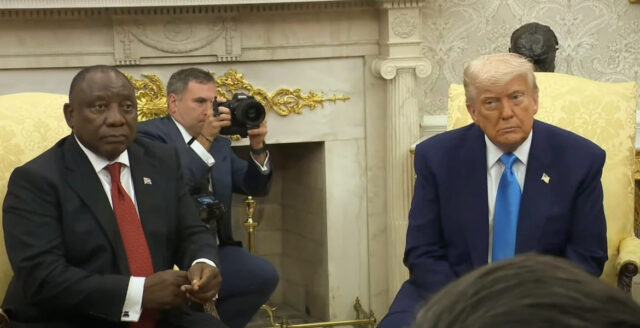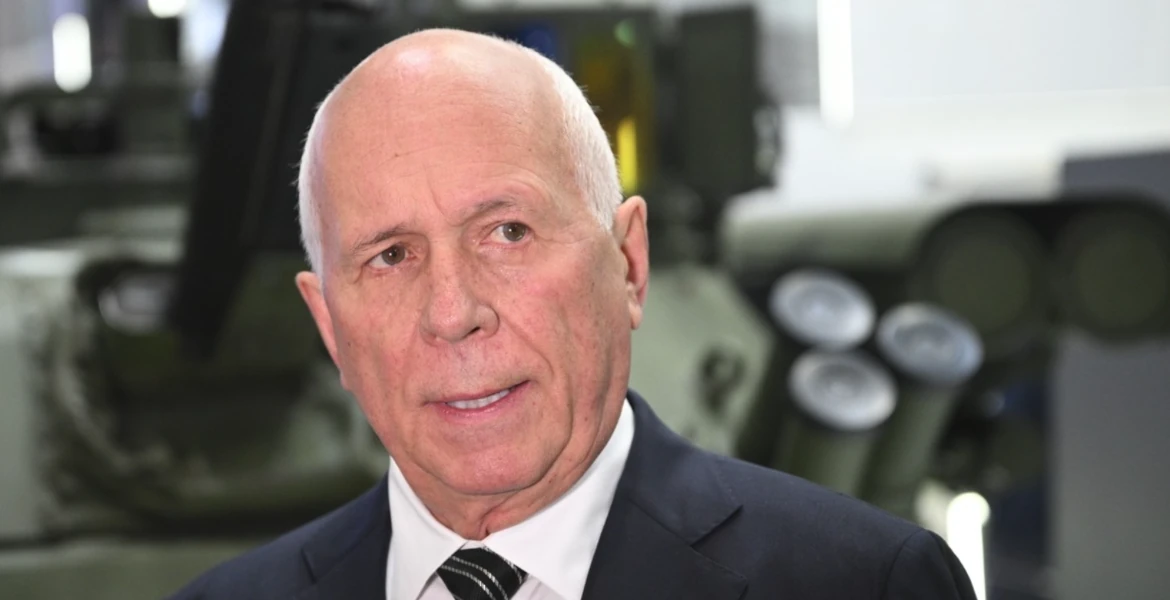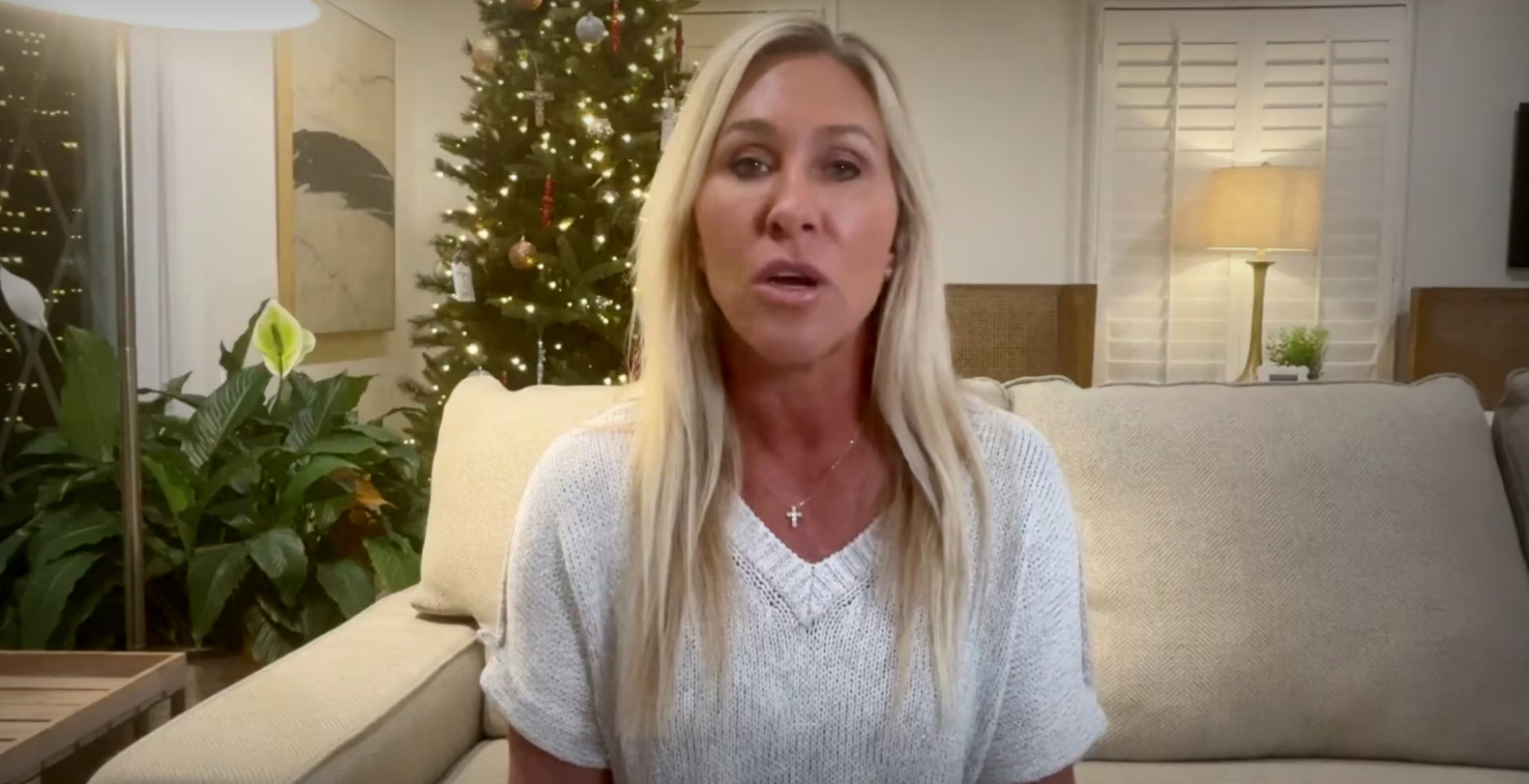A new report reveals the abuse of 200,000 children and adults in New Zealand's care institutions. Prime Minister Christopher Luxon calls the report "heartbreaking" and has issued a formal apology to the victims.
In 2018, work began to map abuse in state and religious institutions between 1950 and 1999, based in part on testimony from victims, including those who suffered after that period. The report, published last summer, weighs 14 kilograms and contains extensive evidence that hundreds of thousands of children were abused in institutions designed to protect them.
Of the approximately 655,000 people in care facilities during the period in question, about 200,000 were subjected to various types of abuse. However, the actual number may be significantly higher, according to the report.
Mock executions and electric shocks
The investigation reveals consistent sexual and physical abuse in various forms, including evidence that young people were threatened with death by mock executions, subjected to severe corporal punishment with weapons to the genitals, and routinely held in solitary confinement.
In the 1970s, children at one hospital were also subjected to electric shocks and painful injections as punishment. Institutional care for the deaf, disabled and mentally ill was often overused.
The abuse was carried out by carers, religious leaders, social workers and medical staff.
Judge Coral Shaw, who led the inquiry, described the scale of the abuse as a "national disgrace" for the country.
– The people who were taken into care were babies, they were young children, they were young people, they were adults who needed care. They were taken under the guise of being supported and protected but instead they were abused and harmed, Shaw said last summer, according to The Guardian.
‘Heartbreaking’
New Zealand Prime Minister Christopher Luxon has issued a formal apology to the victims of the "horrific" and "heartbreaking" abuse.
– Today I stand before you as the representative of not only this government, but all of the governments that have gone before us to offer a formal and unreserved apology for the abuse you suffered while in state care, churches and other faith-based places, he said.
Furthermore, Luxon emphasised that "words must be accompanied by actions" and pointed to two "big lessons" from the inquiry that the government must act on quickly.
– First, we must do the right thing by you and provide you with the support that you need. Second, we must do all we can to prevent abuse happening in the future.
In addition to a formal apology from the Prime Minister, the inquiry recommended apologies from the Pope and other church leaders and the reopening of criminal investigations into the alleged violations.





